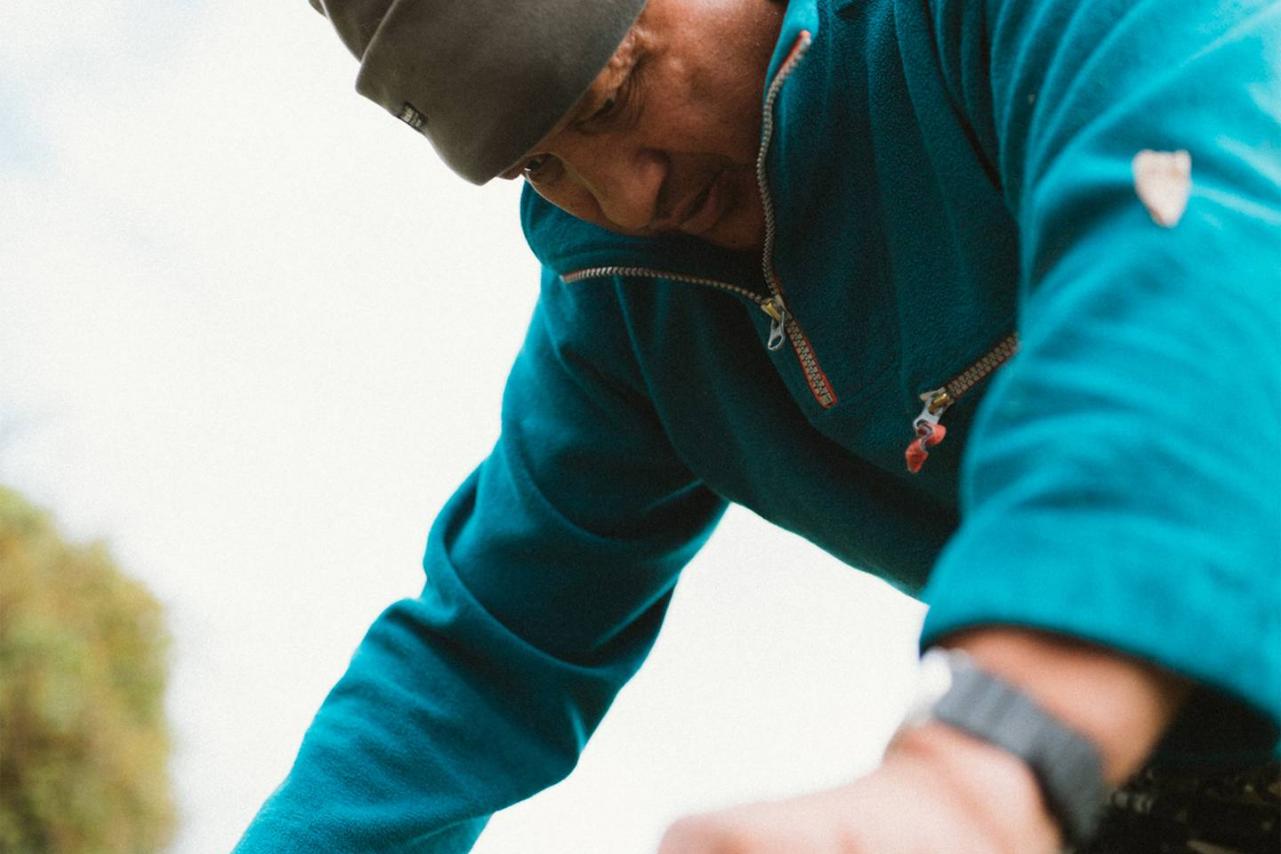Honey produced in Ruatāhuna in the middle of Te Urewera forest has been named the tastiest in the world.
Manawa Honey's Rewarewa Honey took out the grand prize in this year's Black Jar International Competition held in the US - a big feat that saw the small but mighty producer up against entries from around the world.
Chief executive of the Tūhoe Tuawhenua Trust-owned enterprise Brenda Tahi said she was "gobsmacked" to hear they had won, attributing the win to her team's hard work and commitment.
"It's an incredible honour to be recognised in this way. We will proudly celebrate this award because it tells us that we in Ruatāhuna, without fame or favour, are able to achieve excellence on the international stage."
The honey producer is nestled amid the 200,000ha of the Te Urewera forest, the homeland of Tūhoe, with production led by chief beekeeper Hekenoa (Taawi) Te Kurapa, whose name is etched on the Black Jar trophy.

As well as tending to bees, Taawi trains the company's apprentices, gives introductory lessons to kids from the local schools and teaches young people through the Te Whare o Rehua development programme.
Manawa Honey's product range also includes Pua-ā-Tāne, a varying combination of forest nectar like rewarewa, tāwari, tawhero, hinau, kānuka and mānuka.
The enterprise also offers group experiences, including tastings, visiting the nearby marae and horse treks into the forest surrounding Manawa's offices in Ruatāhuna.


Tahi said Ruatāhuna's collective goal was to be self-sufficient and retain their people, who were often attracted to work opportunities in larger centres.
"We're working together to change this trend," she said.
"We started Manawa Honey to create jobs and to develop our people, to get honey back into our diets for good health, to help our farm and forest ecosystems and give our kids something to look up to."
It was the company's first time entering the Black Jar International Competition - where judges blind-taste the honey.
"Our customers have always told us that our honeys taste the best. We entered this contest for the first time this year to see how our honeys stand up against honeys from across the globe."


